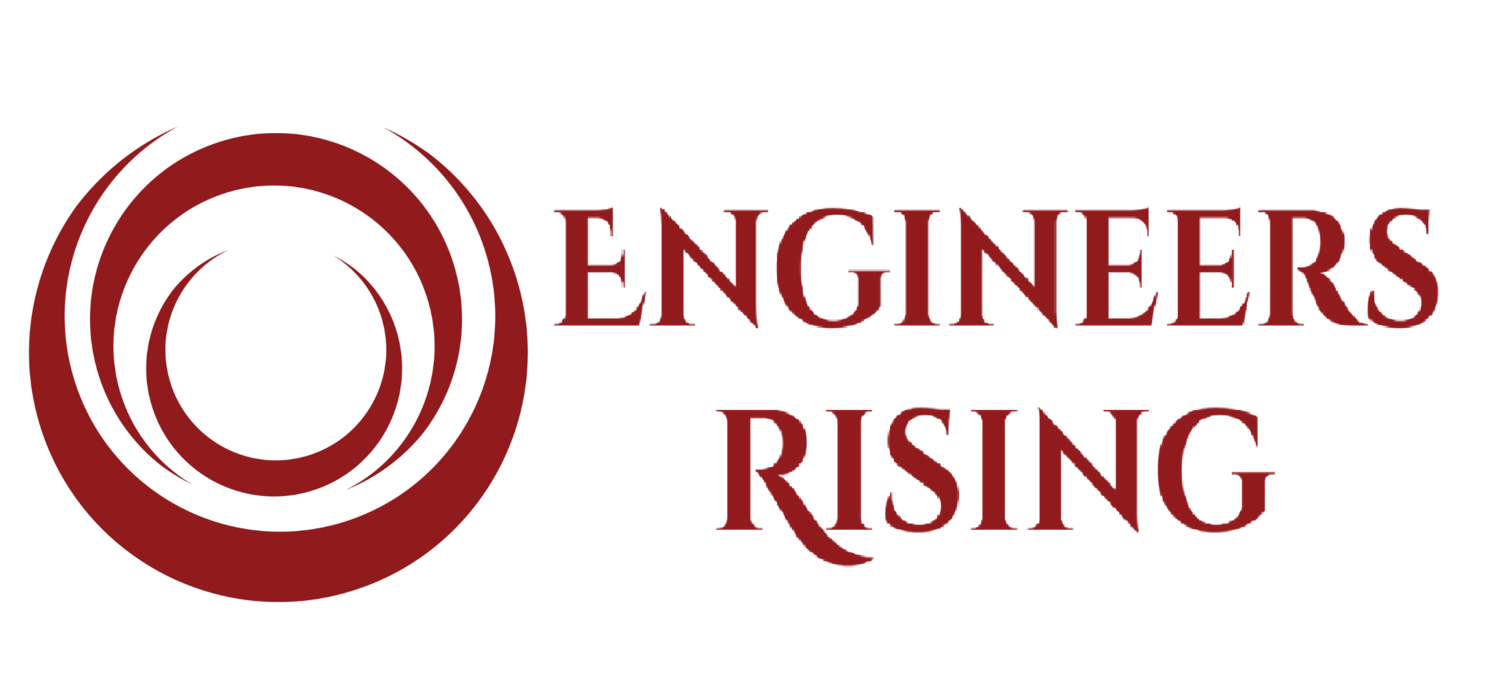Do you have a song that inspires you? One that cultivates a deeper sense of empowerment? I have a couple, but my current top two favorites are Demi Lovato’s “Confident” and “High Hopes” by Panic! At the Disco. Here are some of those lyrics I find particularly empowering:
From Confident:
It's time for me to take it, I'm the boss right now
Not gonna fake it….
'Cause this is my game and you better come to play
I used to hold my freak back, now I'm letting go
I make my own choice….I run this show
….you can't make me behave
So you say I'm complicated
That I must be outta my mind
But you've had me underrated…
What's wrong with being, what's wrong with being
What's wrong with being confident?
From High Hopes:
Had to have high, high hopes for a living
Shooting for the stars when I couldn't make a killing
Didn't have a dime but I always had a vision
Always had high, high hopes
Had to have high, high hopes for a living
Didn't know how but I always had a feeling
I was gonna be that one in a million
Always had high, high hopes…
…It's uphill for oddities
Stranger crusaders
Ain't ever wannabes
The weird and the novelties
Don't ever change….
If I’m feeling especially nervous at work (like before a big meeting or public speaking events), I listen to these on repeat. It makes me feel confident.
If you have a favorite song that “hypes you up” for challenges too, you’ve already experienced some of the power of affirmations.
You choose the stories you tell yourself.
When I was writing She Engineers, I didn’t tell anyone about it outside of my immediate family. I didn’t tell friends or coworkers because of fear. It was a big project, and I was afraid I would not actually finish it.
I didn’t want to set that expectation with others, only to ultimately disappoint them and myself.
I was also afraid of judgment and what people would think. I came up with this whole scenario in my head that would result in me getting fired from my job, no one wanting to work with me ever again, and being ostracized in the engineering industry.
Early in my career, I avoided speaking up in meetings for a similar reason. I thought asking a question or expressing a dissenting point of view would make others see me as “less than” the appropriate intelligence level for an engineer.
The first time I presented at a conference in front of peers, I worried about forgetting what I wanted to say, despite the many hours I had practiced. I worried about falling flat on my face because I don’t wear heels all that often, and I was that day. I worried about the clicker for my presentation not working and needing to stand up there and talk without slides.
Guess what? None of the things I worried about actually happened. They were simply fictional stories I told myself.
No matter how logical we pride ourselves on being, our monkey-minds can sometimes go a bit crazy, making up stories with no basis in reality. Those stories are based on fear and are pure fiction. If we get swept along on that rollercoaster and believe those fictions, our emotions and self-esteem go along with them, resulting in feeling anxious, lacking confidence, not motivated, and unable to make a decision (what I call ‘analysis paralysis’).
For most of us in normal times, the negative voices are usually louder and more persistent than the positive ones. Don’t believe me? Consider how long you remember negative statements in your performance reviews as compared to positive ones.
Right now, those negative voices are even louder. There are all sorts of reasons to worry: about illness and about jobs, about mental health and about all the uncertainties surrounding the pandemic.
Even in more “normal times”….. If you’ve ever stopped yourself from asking a question in a meeting, negotiating a salary raise, or pursuing a particular dream of yours because you thought to yourself, “what would people think?” or “I’m not good enough”, you know exactly what I’m talking about.
You can choose the stories you tell yourself by using affirmations. Affirmations are words and phrases you repeat to help you cultivate a success mindset. The word stems from the Latin affirmare, which means “declaration, solid assurance.”
Like what you’re reading? Join our movement, and get exclusive tips and tools curated for women in engineering.
Why are affirmations so powerful?
We don’t like to admit that we are influenced by what goes on in our external world. As engineers, we pride ourselves on being logical and in control. Yet, psychology shows that only 5-10% of our brainpower is used for conscious activities. The other 90-95% are the unconscious thoughts and beliefs that drive us, usually without us knowing it.
For example, in an experiment written up in the American Psychological Association, researchers gave a math test to groups of men and women. They told one group that a math test does not show gender differences but told the other group that it does. In the first group, the women performed equally to men. But in the second group, the one primed for gender differences, women scored significantly lower than the men. Imagine the result had they also tested a third group that was told women students score better on math tests than men, as was found in this 2018 study.
The math test example used something called “priming” to pre-dispose the test subjects to think one way or another. We see this all the time in society, for example, politics. Have you ever gotten into a discussion with someone of differing political views, and found that regardless of how many facts were presented on each side, no one changed their minds?
That’s because of our human tendency to believe something and then look for facts to support that belief.
Even very logical thinkers have this tendency. The reactions to any post online about the gender pay gap is one glaring example. No matter which forum you see it discussed within, there are always more people trying to prove or disprove the data than there are suggesting solutions to the problem.
We are primed – often based on things like gender, race, socio-economic status, and political affiliation – to want to prove or disprove something based on our own identities and past experiences.
Hack your own mind
Now that you know a little bit about brain psychology, you can take advantage of priming to move your brain towards a more successful mindset. Why should you bother? Because when your brain is primed towards you being successful, it drives actions that ultimately result in you becoming more successful.
That’s where affirmations come in.
French psychologist Emilie Coue pioneered the idea of self-affirmations after noticing some patients improved health outcomes when given positive affirmations. In his book Self-Mastery Through Conscious Auto-suggestion, Coue says, “We constantly give ourselves unconscious suggestions, all we have to do is give ourselves conscious ones.”
Coue says it works because “it’s impossible to think of two things at once.”
Try it. You can’t. Every thought occupying our minds that we believe becomes true and turns into action.
Do affirmations actually work?
I was super skeptical of affirmations at first. But, because they are quick and easy and free, I decided to try it, largely based on my reading of the book The Miracle Morning (which I discussed in THIS previous blog) and the incredible success stories I’d heard from others using a morning routine that includes affirmations.
What I found is that they do work, but only if you are saying things you actually believe. So, for me, saying generalities like “I’m an amazing engineer” do not work, but saying “I have the power to create a successful career because every day I strive to be better than yesterday” feels incredibly empowering.
Affirmations work because they create feelings, which change the things you believe to be true about who you are. When saying affirmations, it’s those feelings you are after, because your behavior is driven by how you want to feel.
If you walk into work feeling empowered, you make different decisions that result in different actions than you would otherwise. For example, if I know I have difficult meeting coming up, going into it with the idea that “something is going to go wrong” results in a very different meeting outcome than going into it with the idea that “I have the tools I need to figure this out and move us towards a positive outcome.”
Change your career outcomes by changing the stories you tell yourself
You become what you believe. You’re already telling yourself stuff all the time that doesn’t serve you. Why not change those stories to be empowering?
If you are constantly creating stories of things that can go wrong and why you can’t do something, you are programming your brain to put artificial limitations on your potential. Teach your brain to automatically see positive outcomes and your career (and life!) becomes limitless.
Want to be a true out-of-the-box, innovative thinker? It starts with training your brain to look for the possibilities, and an easy way to start that process is by incorporating affirmations into your morning routine.
To be clear (because I know there are skeptics out there because I was one): saying some affirmations today will not magically create a flood of better opportunities tomorrow. That’s kind of like expecting that if I am a couch potato and start exercising today, I’ll be running a marathon tomorrow.
Instead, much like consistent exercise changes your body over time, affirmations over time have the power to change how you think.
And, unlike exercise, you can do them sitting down for literally 1 minute a day, no matter where you are.
Change how you think, and your beliefs about what is possible changes. Changing your beliefs results in changing your motivations. That results in you taking bigger, bolder, action towards your own goals and dreams, when you otherwise would do nothing.
Success is taking those big and bold steps, despite our fears.






